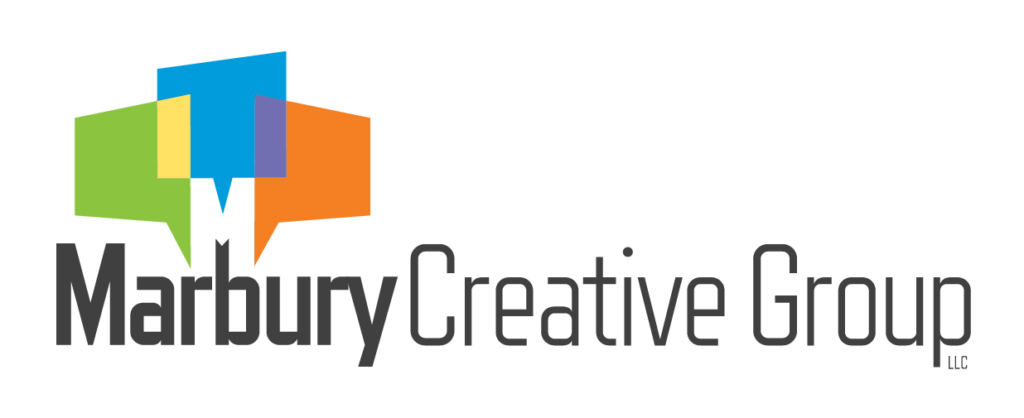When you think about a website, what comes to mind? Typically, you would picture the layout, the colors, maybe even the navigation or features. The URL is probably not high up on the list of things you think about, but it is arguably one of the most important parts of the site. And the same is true for your company’s website!
When creating a new website, picking out the URL is often the fun but complicated step. The URL should represent either the brand, the services offered, or maybe even highlight a well-known catchphrase or slogan. But what about the part at the very end?
Did you know there are literally thousands of domain extension options available beyond .com, .net,and .org? Do any of these offer SEO performance boosts? Is it worth it to have multiple domain extensions if your business is in different countries? Should you consider something newer or catchy to endcap your current URL? Inquiring minds want to know…What is a domain extension?
Domain extensions, or top level domains (TLD), are the “.___” at the end of a URL. The most common extensions are .com, .org, and .edu. We’ve come to expect that companies use .com, organizations and nonprofits use .org, and educational institutions use .edu. While this is largely true, there are now thousands of new domain extensions available that inject a little fun into the somewhat dull world of domain extensions.
TLDs like .io, .tech, and .co are popping up more and more, and there are some truly “out there” options like .fun, .love, and .coffee (a personal favorite of ours!) An increasingly common trend is having a TLD for each country a business operates in. For example, if your business has a location in Sydney, you may want to have an Australian site with .au as the TLD. This helps your site rank in searches within that country.
What is the difference between “top level” and “second level” domains?
As we mentioned above, top level domains (.com) are at the very end of a URL. A second level domain is the section to the left or what you might call your main domain name. For example, marburycreativegroup is the second level domain for our URL: marburycreativegroup.com. A good and thoughtful combination of the TLD and SLD will result in the best possible analysis of your site by search engines. This means you really need to know your brand and your audience to know exactly what is expected of your web presence. A law office probably shouldn’t use the top level domain “.fun” at the end of their URL, for example.
What effect do domain extensions have on SEO?
 We’ve touched on it a little, but let’s really look into the SEO side of this domain extension deep-dive. A good combination of TLD and SLD help your website fall into the right category on Google and other search engines, but what you really want is a good ranking in those search results. So how can domain extensions help with that?
We’ve touched on it a little, but let’s really look into the SEO side of this domain extension deep-dive. A good combination of TLD and SLD help your website fall into the right category on Google and other search engines, but what you really want is a good ranking in those search results. So how can domain extensions help with that?
For starters, don’t be afraid to stick with the tried-and-true “.com”. It’s the most well-known TLD and one that people will likely automatically type in for your URL. Having a “.com” TLD also tends to make your company look more authoritative than a “.co” or other business-y TLD. Making sure your website is performing well is still the biggest SEO booster. Going with a newer, flashier TLD will not help boost SEO, according to Google, but it doesn’t mean you shouldn’t consider something new — as long as it fits with your marketing strategy and audience expectations.
In summary, while the most popular domain extensions are always a good choice, don’t feel like you don’t have viable options in some of the new top level domains. Sit down with your marketing team and do a thorough analysis of your audience and branding. If the general consensus is that there is an opportunity to give your URL an update, then go for it!
If you’d like some additional input before you take the plunge — or need help with the whole process of changing your existing URL — the Marbury team would love to help! Contact us today at shelly@marburycreativegroup.com!

